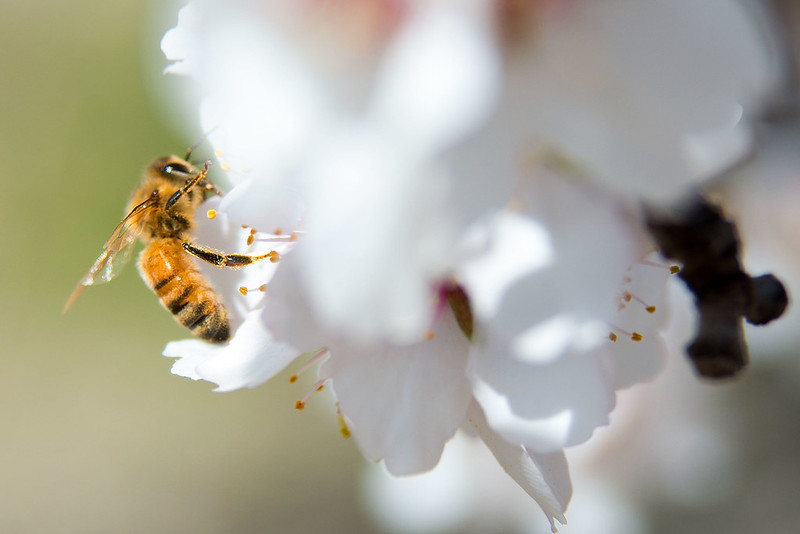
Why monoculture farming practices harm bees
Bees are essential to agriculture. But the way we grow food is putting bees at risk. Moving away from monoculture farming can be part of the solution.
We are working to save the bees - from asking Amazon to stop selling bee-killing pesticides to sharing bee-friendly garden tips - and you can help.
Bees play a crucial role in our lives. But as our society uses more pesticides, their populations are plummeting. Fortunately, we know how to help them: protecting already-existing bee habitat, expanding habitat by planting pollinator-friendly plants in our own gardens and on public lands, and ending the worst uses of the pesticides that are killing them. Together, we can save the bees.
Bees are essential to agriculture. But the way we grow food is putting bees at risk. Moving away from monoculture farming can be part of the solution.
Learn more about the ways our world relies on bees.
Bees fill an important role in ecosystems as pollinators — even in urban environments. A field trip with an urban beekeeper in Chicago helped to highlight why bees bee-long in cities too.
Native milkweeds, flowers, shrubs and other plants in pollinator gardens provide essential food, water and shelter for pollinators and other wildlife.
For bees, butterflies and other pollinators suffering from habitat loss, even the smallest patch of green can be a vital oasis, helping them to survive and thrive.
Senior Director, Conservation America Campaign, Environment America
